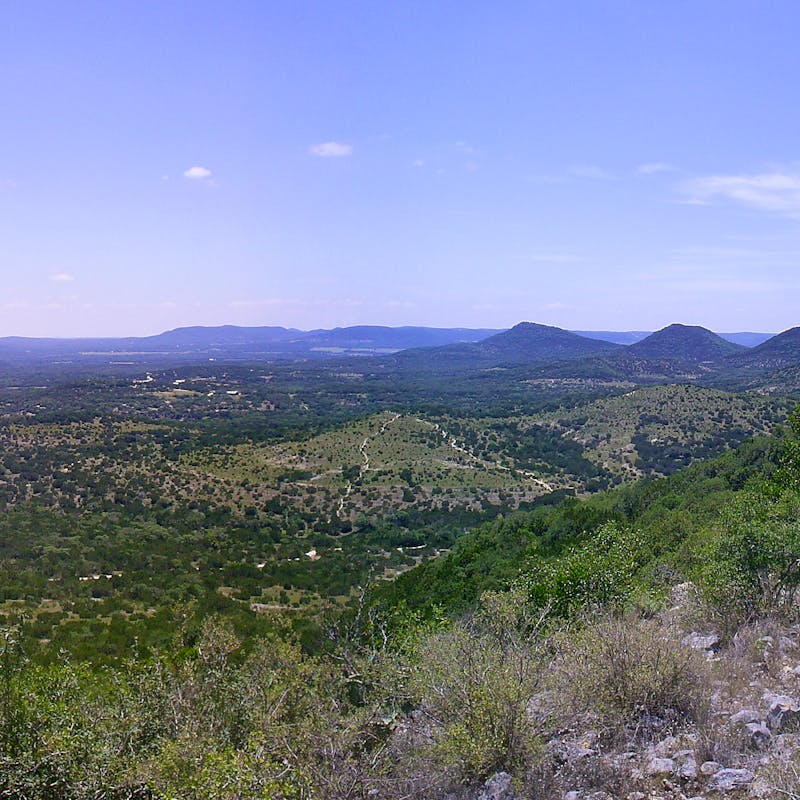The U.S. Fish and Wildlife Service (FWS) reconfirmed that the Texas-native golden-cheeked warbler continues to require the protections of the U.S. Endangered Species Act to prevent extinction.
“Given the rate of habitat loss and fragmentation, current urban growth rates in the Austin – San Antonio metropolitan corridor, and increased uncertainty of the threats climate change pose to Texas, the golden-cheeked warblers desperately need protection,” said Paul Sanchez-Navarro, senior Texas representative for Defenders of Wildlife. “These songbirds are part of Texas’ natural heritage and still need help to survive.”
Three Texas groups filed a petition to delist the warbler in 2015. Upon review, the FWS denied the petition for lack of “substantial information” demonstrating that a change in listing status was warranted. Two years later, the Texas General Land Office filed a suit challenging the petition finding. After a district court initially ruled for FWS, an appellate court found FWS had used the wrong standard in making the initial petition determination and required FWS to re-do the analysis.
In 2020, the Center for Conservation Innovation at Defenders of Wildlife completed a Texas habitat analysis for the golden-cheeked warbler that showed about 45% of the high-quality habitat and about 25% of overall habitat has been lost over the past 30 years, despite the songbirds’ protected status. Their habitat is being destroyed at a greater rate than they can adapt to due to expansion for housing and infrastructure. As the Austin to San Antonio corridor grows, land is being cleared to make way for subdivisions, roads and commercial centers, destroying the bird’s habitat.
The FWS has now completed the court-ordered analysis of the petition and found again that the warbler warrants continued protection. The FWS has also begun a species status assessment to inform the up-coming Five-year Review and will consider all new science about the species and its habitat.
Although the songbirds spend winters in Central America and Mexico, they fly about 1500 miles to central Texas, where they breed in the unique Ashe juniper-oak woodlands.
For over 75 years, Defenders of Wildlife has remained dedicated to protecting all native animals and plants in their natural communities. With a nationwide network of nearly 2.1 million members and supporters, Defenders of Wildlife is a leading advocate for innovative solutions to safeguard our wildlife for generations to come. To learn more, please visit https://defenders.org/newsroom or follow us on X @Defenders.
Media Contact
News

Defenders Stands Against Rejection of Bison Grazing Lands


